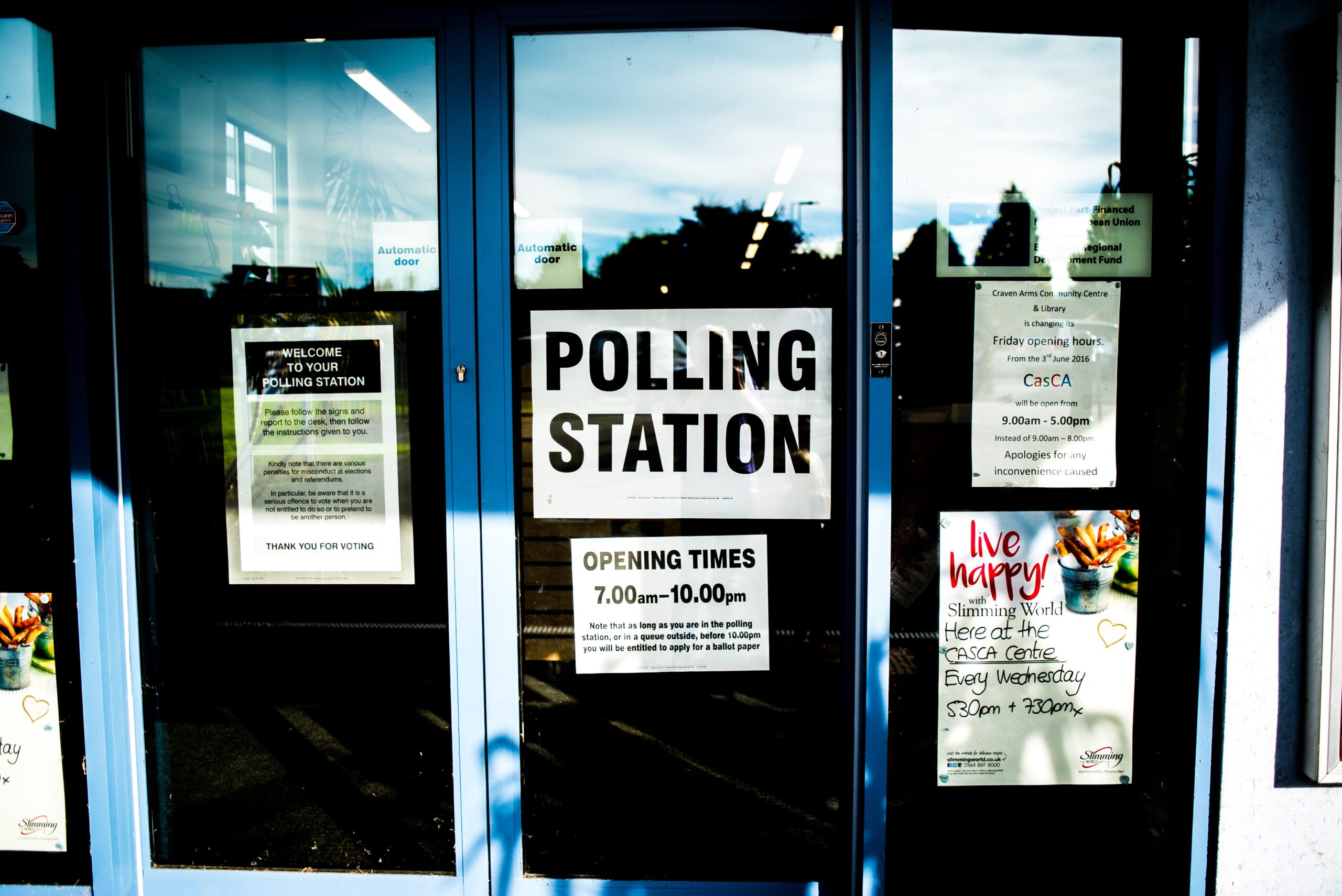A history of International Risk
Russia’s historical playbook of influencing elections, especially in the West, has been a subject of concern for many democracies. As the world gears up for numerous elections in 2024, it’s imperative that businesses understand the consequences and risks posed by Russian influence campaigns on an international scale.
The Geopolitical Motive
Russia’s interference, often driven by ideological and geopolitical interests, aims at undermining the liberal democratic order. This is perceived as a challenge to Russia’s vision of a multipolar world order where it holds significant sway. Disturbing the unity of transatlantic alliances, creating political divisions, and undermining the legitimacy of democratic processes in targeted countries are key goals.
A tangible shift has been witnessed in European political landscapes. As of 2023, one-third of Europeans support populist parties, compared to a mere 12% in the early 1990s. With mainstream political parties witnessing a dip in support, the rise of anti-establishment parties, often facilitated by influence campaigns, presents significant risks to the international democratic framework.

Methods of Influence
- Disinformation: Russia has perfected the art of online disinformation campaigns. Through fake social media accounts, bots, and trolls, they disseminate misleading narratives to sway public opinion. Sweden’s recent challenges surrounding the Koran burnings in 2023 and their NATO application showcases the potency of such campaigns. Disinformation led to backlash against Swedish businesses, like the revocation of work permits for Ericsson in Iraq.
- Cyberattacks: Cyberattacks and hack-and-leak operations have become standard procedures. Political campaigns, as seen with Macron’s campaign in 2017, are prime targets. Leaked emails, whether genuine or fabricated, can cause significant reputational damage and sway electoral results.
- Supporting Anti-Western Parties: By providing financial support and endorsements to parties that align with its interests, Russia has managed to exert indirect influence. The rise of the AfD in Germany is a testament to this strategy’s success.
The Business Impact of Russian Disinformation
Russia’s influence campaigns aim to weaken the unity among Western countries. As disunity grows, the international risk landscape becomes turbulent. This unpredictability can ripple across stock markets, supply chains, and consumer behavior, posing challenges to businesses reliant on international trade.
For instance, geopolitical tensions might lead to reduced cooperation among nations. The supply chain stands to be severely impacted, as seen with Russia’s restrictions on gas supply to Germany in 2022, leading to a spike in energy prices.

Addressing the Threats to Businesses
Companies operating in nations within Russia’s sphere of influence must be wary of two primary threats:
- Disinformation Risks: Being linked with disinformation can severely tarnish a company’s reputation. An iResearch Services survey revealed that 85% of customers avoid companies associated with disinformation. Hence, businesses need to be proactive in countering false narratives and ensuring accurate communication with stakeholders.
- Cybersecurity Threats: Companies are at risk of cyberattacks, as seen with the DDoS attack against the Lithuanian energy supplier, Ignitis Group, in 2022. Such attacks can disrupt operations and lead to significant financial losses.
The International Risks in 2024
The upcoming elections in 2024, encompassing countries like the US, Belarus, Belgium, and the European Parliament elections, are potential hotspots for influence campaigns. Businesses must be prepared for the potential fallout. Imagine a scenario where disinformation campaigns target your company, causing supply chain disruptions or damaging your reputation.
Is your business equipped to handle such international risks? It’s crucial to identify risk categories pertinent to your business and develop strategies to mitigate them. Monitoring geopolitical developments and assessing their impact on identified risks is paramount. Being proactive, rather than reactive, will be the key to navigating the challenging waters of international risk in the age of influence campaigns.

Pingback: The Geopolitical Risks and Impact on Business – The International Risk Podcast